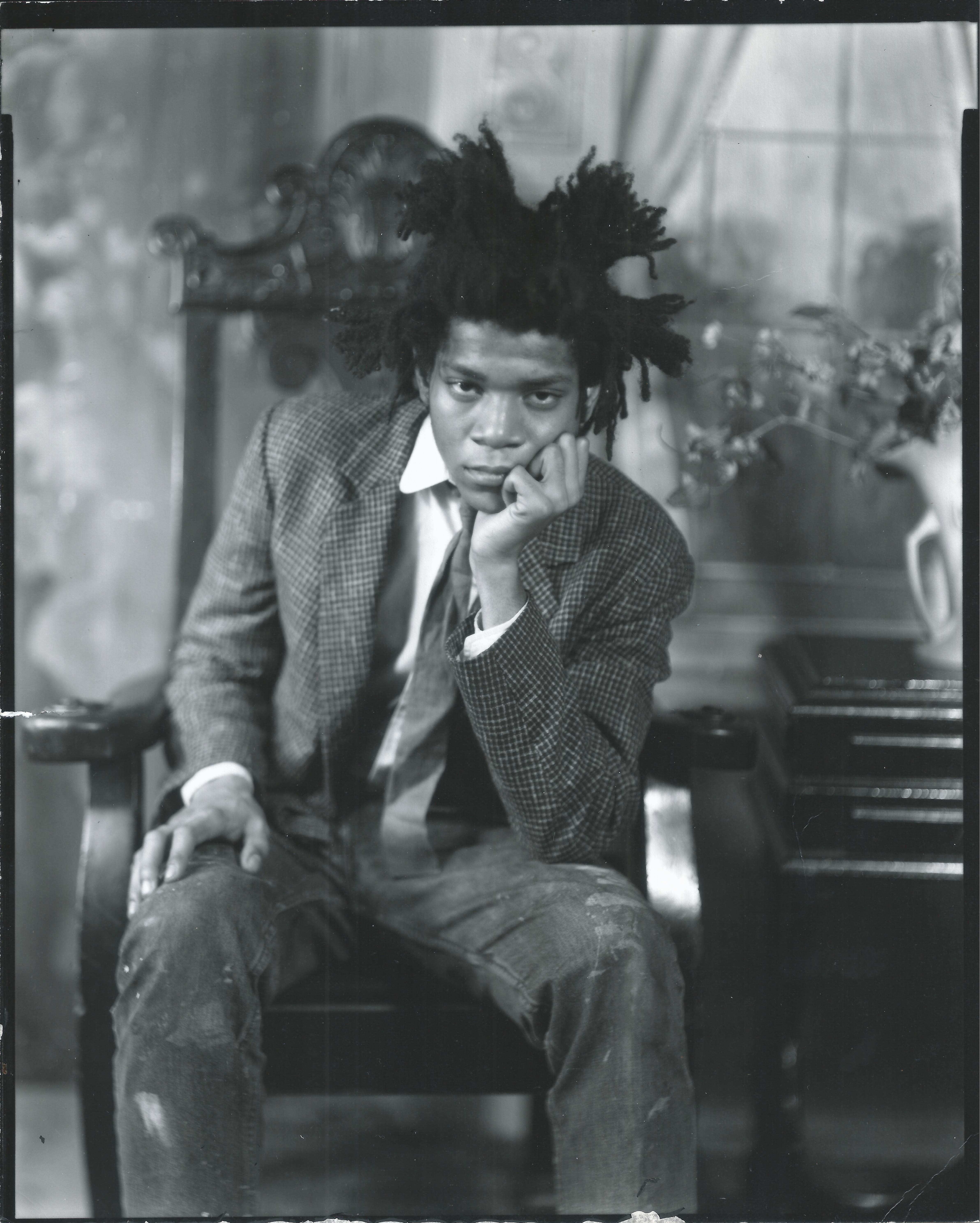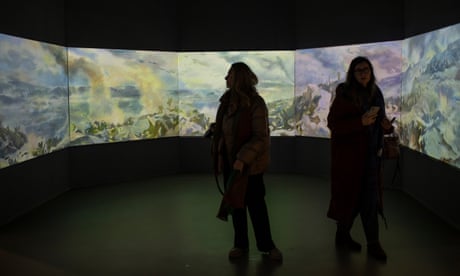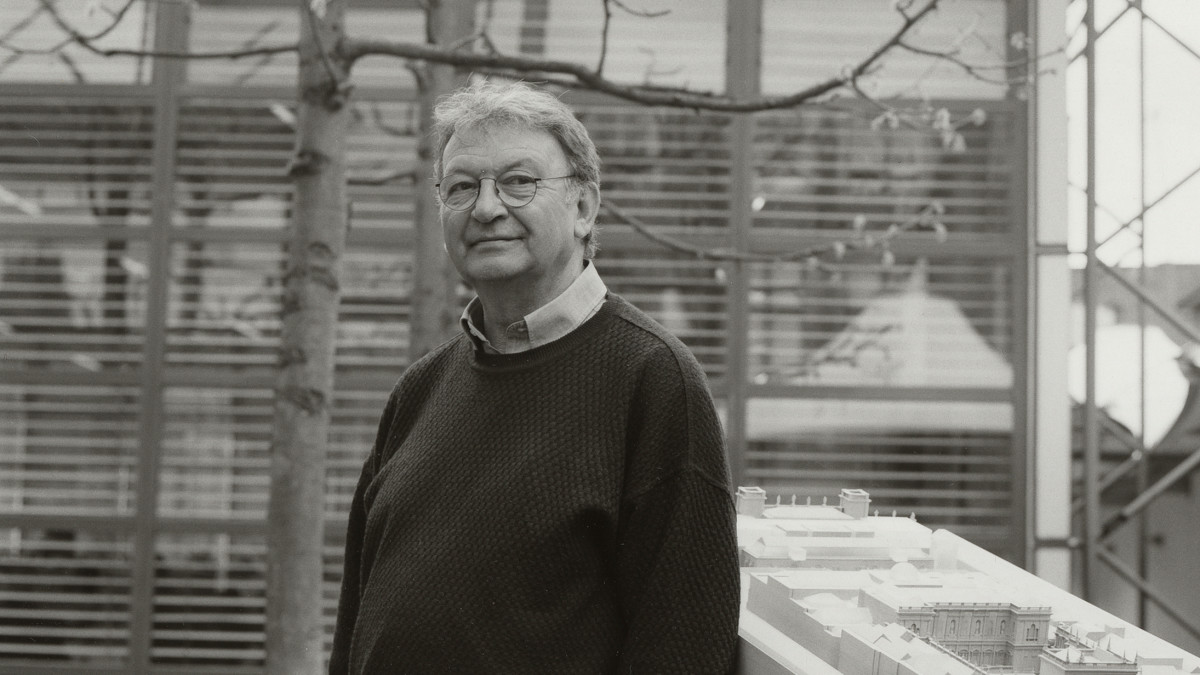BC/AD
2008 - Film & Video (Film & Video)
59 min 36
Ian Breakwell
“BC/AD” (Before Cancer, After Diagnoses) is a video of photographs of the artist’s face dating from early childhood to the month before he died, accompanied by the last diary entries he wrote from April 2004 to July 2005 (entitled “50 Reasons for Getting Out of Bed”), from the period from when he lost his voice, thinking he had laryngitis, through the moment he was diagnosed with lung cancer and the subsequent treatment that was ultimately, ineffective. The diary entries are at once poignant, ironic, laced with gallows of humor, with his continued eye for the little incidents in life, interweaving the past with his experience of the present. The morphing of the portraits—the eyes and sight remaining leveled—is haunting, beginning with very blurry images of childhood and ending with a pin-sharp photograph of Breakwell the month before he died. As the tumor grows so does Breakwell’s introspection, as he meditates the horizon of his life, the randomness of fate and the meaning of time to someone in his condition. The quality of Breakwell’s voice changes throughout the course of the audio recording as he struggles to project, while the sound of his inhaling breath indicates a great difficulty of breathing. It was recorded in one take: 1 hour and 55 minutes. The illness thus manifests throughout the soundtrack. In confronting his mortality, “BC/AD” is a poignant work, at once poetic and mundane. It is an act of defiance that encapsulates many aspects of Breakwell’s approach to making art.
Ian Breakwell was a leading British conceptual artist active in the dematerializing of the hierarchy of modernity in the 1960s. Combining painting, drawing, printmaking, photography, film, collage, video, audio-tape, slide, digital imaging and performance, Breakwell’s work significantly contributed to considering art as documentation of a moment, rather than a marketable fine art piece. Initially influenced by Surrealism, Breakwell was best known for his observation of what he called ‘little epiphanies’ he observed around him and that he recorded in his diaries from the late 1960’s, which he exhibited as art works. Until 1980, the diaries often took on a visual format but from the 1980s onwards they took a mostly verbal format. One of the most celebrated of the diaries is the Walking Man Diary (1979) where Breakwell photographed a man who walked past his studio everyday on a circuitous, continuous route with no purpose. Alongside the photographs he recorded imagined conversations of people observing him. The photographs were arranged in a grid and presented as a diary.
Colors:
Related works sharing similar palette

© » SOUTH CHINA MORNING POST
He wants Hong Kong to fall in love with theatre and he’s doing everything he can to make that happen | South China Morning Post He wants Hong Kong to fall in love with theatre and he’s doing everything he can to make that happen Performing arts in Hong Kong Hong Kong theatre wunderkind Tom Chan is the youngest and only producer to stage a long-running musical show in the city...

© » ARTS EQUATOR
Galleries informed that art fair Art Stage Singapore cancelled (via The Straits Times) | ArtsEquator Thinking and Talking about Arts and Culture in Southeast Asia ArtsEquator Radar January 16, 2019 SINGAPORE – At least five galleries slated to participate in Art Stage Singapore say the art fair has been cancelled by organisers...

© » KADIST
Paz Errázuriz
1986La manzana de Adán (La Palmera, Santiago) by Paz Errázuriz is part of the celebrated series La manzana de Adán (Adam’s apple) that spans 5 years (1982-1987) of documenting the lives of transgender sex workers in La Jaula and La Palmera brothels in the Chilean cities of Talca and Santiago...

© » KADIST
Arseny Zhilyaev
His large installation entitled The Museum of Proletarian Culture (2012) looked at the changes in artistic practice that have occurred in Russia throughout the last thirty years – from the amateur art of the late Soviet era to the commercialized post-Soviet cultural practices and the more recent self-expression via contemporary social networks...
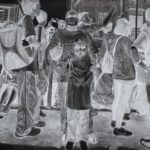
© » ARTS EQUATOR
Weekly Picks: Malaysia (13 – 19 Aug 2018) | ArtsEquator Thinking and Talking about Arts and Culture in Southeast Asia Weekly To Do August 13, 2018 Kenapa Tak Tukar Nama , at klpac, 18–19 Aug, 1:30pm This monologue follows Muslim convert Hoe Mei Ying as she navigates the complexity of identity and faith, and tackles a common question: Why have you not changed your name upon conversion? Yiky Chew plays five characters with various takes on the question, and is a performance devised from experiences of a convert getting her new Malaysian identity card...
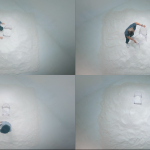
© » ARTS EQUATOR
BIPAM 2021: Delight, despair, dialogue and the despot | ArtsEquator Thinking and Talking about Arts and Culture in Southeast Asia ArtsEquator Viewpoints September 17, 2021 By Nabilah Said (1,800 words, 6-minute read) I’ve never actually attended the Bangkok International Performing Arts Meeting (BIPAM)...

© » KADIST
John Houck
2013Untitled #242 is part of Houck’s Aggregates Series, which uses digital tools to manipulate chosen sets and pairs of colors, creating colorful index sheets, bathed in colors and lines...

© » KADIST
Walead Beshty
2012Constructed out of metal or glass to mirror the size of FedEx shipping boxes, and to fit securely inside, Walead Beshty’s FedEx works are then shipped, accruing cracks, chips, scrapes, and bruises along the way to their destination...

© » TWOCOATSOFPAINT
Mary Jones: Layered histories – Two Coats of Paint Mary Jones, American Interior 2023, oil on digitally printed canvas, 52 x 38 inches Contributed by Katy Crowe / “Significant Properties,” the title of Mary Jones’s current exhibition at as-is.la and her first in Los Angeles in some years, aptly suggests real estate worth seeing...



